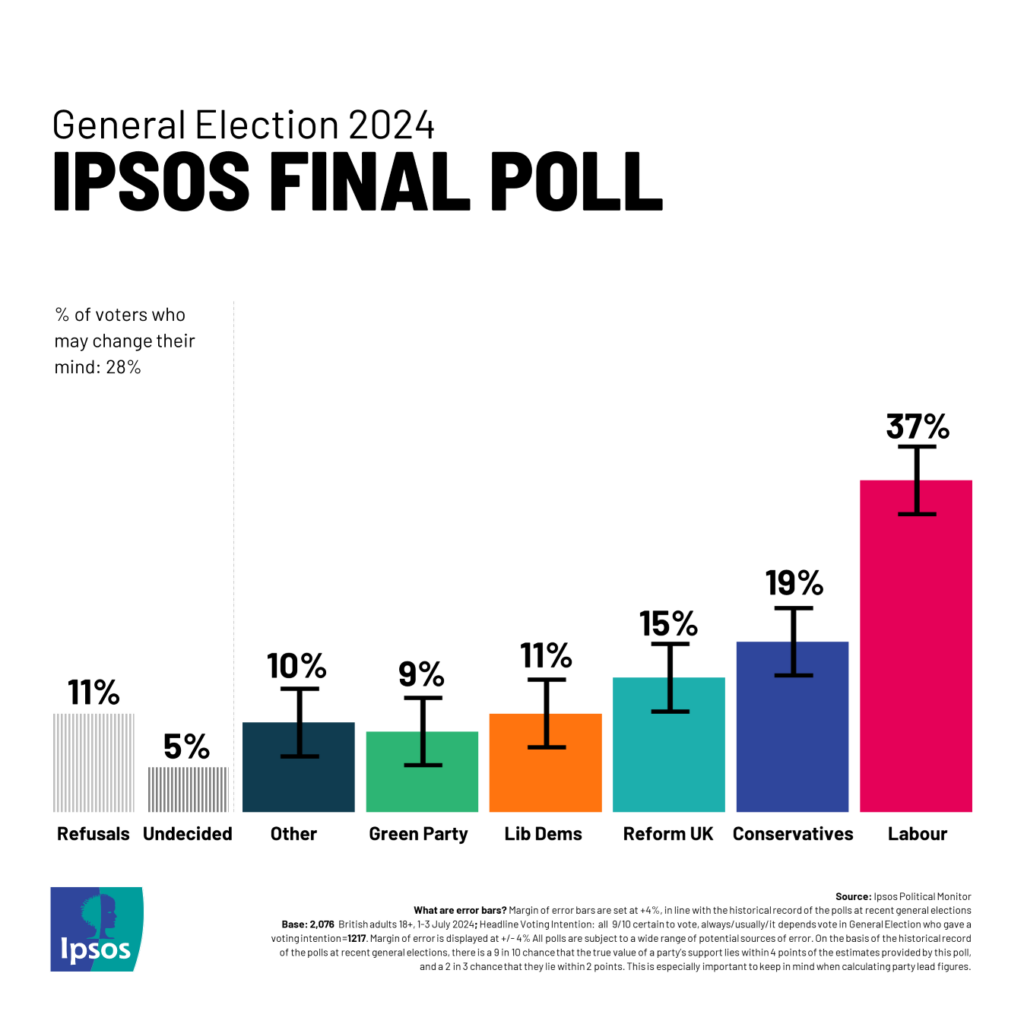Let me introduce myself. Kamran Mahmood, qualified accountant, ex investment banker, current real estate investor and entrepreneur.
I have run multiple business for over 25 years, seen lots of acronyms come and go. ESG is the latest fashion. I have spoken about ESG at a number of events, some even go as far as to suggest I am an expert. My focus as a speaker is to create simpler solutions, my experience tells me the simpler the better.
I was asked to write ESG articles for CrunchDubai a few weeks ago. I scheduled different topics for the coming weeks, and then decided to scrap that and be more current. Here goes….
Can a Labour Supermajority Uphold ESG Values? The Governance Challenge Ahead
Following the Labour Party’s decisive victory and the securing of a supermajority in the recent UK general election, there is much anticipation and speculation about the future of governance and policy-making in the country. With the opposition significantly weakened, I am raising questions about how this political shift will impact the integration of ESG (Environmental, Social, and Governance) principles into the UK’s governance framework.

The Reality of Labour’s Supermajority
Labour’s supermajority under the leadership of Keir Starmer may be a significant political transformation, however it is not a transformation in the UK’s Governance landscape as the 2019 election gave similar powers to Boris Johnson and the Conservative Party (look what happened there). With a dominant position in Parliament, Labour now has the capacity to pass legislation with minimal resistance, but can they do this with more credibility and with more support from the people. This new found power comes with the responsibility to govern in a manner that upholds democratic principles, including the critical Governance (G) aspects of ESG.
However, the absence of a strong opposition and the pressure on Labour MPs to adhere strictly to party lines pose challenges to maintaining robust democratic processes and effective governance. The concern is whether this political configuration can ensure transparency, accountability, and inclusive decision-making, all of which are vital components of ESG governance.
Integrating ESG Principles into Labour’s Governance
As ESG principles become increasingly central to evaluating the effectiveness of corporates, Labour’s supermajority offers both opportunities and risks. ESG emphasises sustainable environmental practices, social justice, and strong governance frameworks. For Labour, integrating these principles into their policies will be crucial in maintaining public trust and ensuring long-term societal benefits.
The Governance aspect of ESG, in particular, demands a focus on accountability and inclusivity. Here’s how the UK’s governance system can adapt to uphold these principles despite the challenges posed by a supermajority:

1. Introduce Proportional Representation: (Too late for this one but should seriously be considered to avoid these Super Majority scenarios)
The Labour Party’s sweeping victory under the First Past the Post (FPTP) system highlights the disparities between vote share and parliamentary seats. Proportional Representation (PR) could address these imbalances by ensuring that the number of seats won by each party more accurately reflects the overall vote. This system would prevent any single party from holding disproportionate power and encourage a more balanced, multi-party governance structure. PR aligns with ESG’s commitment to fairness and inclusivity, fostering a political environment where diverse voices are represented.
2. Strengthen Parliamentary Committees:
With Labour’s supermajority, the role of parliamentary committees becomes even more critical in providing checks and balances. Empowering these committees with greater independence and resources will enhance their ability to scrutinise government actions effectively. In my opinion these resources should include participation form the average person on the street, not just sector experts. This ensures that policies undergo rigorous evaluation and public debate, maintaining the transparency and accountability that ESG governance demands. Strengthened committees can serve as a counterbalance to the dominant party, ensuring thorough oversight and diverse input in policy-making.
3. Enhance MP Independence and Conscience Votes:
Labour MPs like those from other partiers, have always faced pressure to conform to the party line, potentially stifling individual judgment and constituent representation. How can an MP from London have the same priorities as one from Bradford? Allowing more opportunities for conscience votes would enable MPs to express their views and advocate for their constituents’ interests without fear of reprisal. This approach would promote a more dynamic and responsive democratic process, where MPs can contribute to policy development based on broader perspectives. Such independence aligns with ESG governance, which values transparent and accountable decision-making processes.
This current scenario has been prevalent throughout history and in most democracies. Labour’s supermajority presents both a challenge and an opportunity for the UK’s governance and the integration of ESG principles. While the dominance of a single party can risk undermining democratic checks and balances, the implementation of Proportional Representation, stronger parliamentary committees, and greater MP independence can help mitigate these risks. By adopting these reforms, Labour can ensure that their governance framework remains inclusive, accountable, and aligned with ESG values. As the UK navigates this new political era, it is crucial that governance structures evolve to maintain the integrity and sustainability of the democratic process. The successful integration of ESG principles into Labour’s policies will be key to achieving a resilient and equitable future for the UK.
